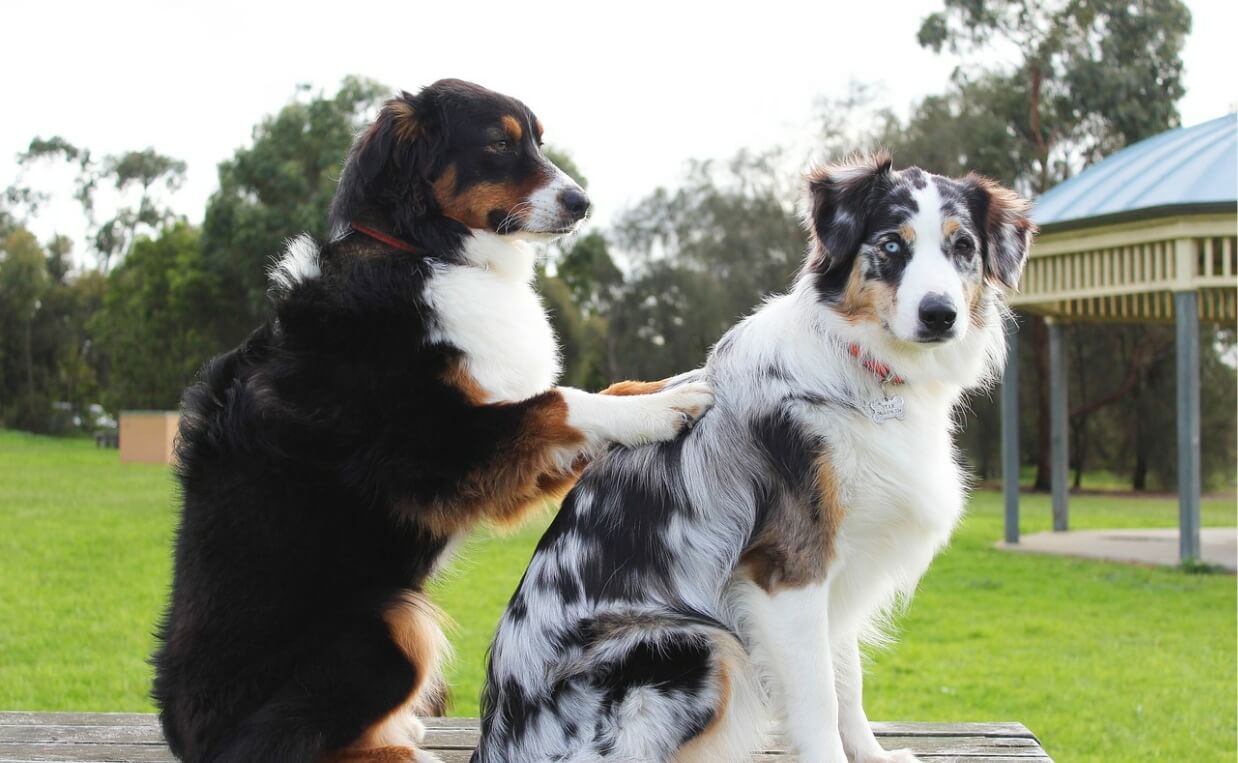
Injuries and diseases can greatly impact the well-being of our beloved canine companions. While traditional veterinary care is essential, alternative veterinary care therapies can complement and enhance the healing process for injured or diseased dogs.
Pets, like people, can suffer from a variety of debilitating chronic, degenerative conditions. Traditional treatment options are sometimes limited, at times focusing on alleviating symptoms but not able to address the root cause of the disease.
In some cases your veterinarian may recommend alternative veterinary care therapeutic health approaches to help your dog. Alternative healing modalities are frequently referred to as “complementary” care practices because they are prescribed in addition to traditional treatment. Alternative, or complementary, veterinary care therapies are effective in treating:
- Post-operative recovery
- Degenerative spine issues
- Neurologic disc problems
- Hip dysplasia
- Cruciate ligament injuries
The goal of alternative veterinary care therapies is to help your dog heal using a whole-body, or holistic, approach.
Complementary therapies tend to your pet’s condition by addressing the underlying cause of the disease while keeping you actively involved in your dog’s treatment.

Some of the more common alternative veterinary care therapies for dogs include:
-
Acupuncture
Acupuncture involves the insertion of thin needles into specific points of your dog’s body to stimulate healing and alleviate pain. It can help manage pain, reduce inflammation, and improve blood circulation in injured or diseased dogs. Seek a qualified veterinary acupuncturist for safe and effective treatment.
-
Massage therapy
Massage therapy for dogs involves applying manual techniques to manipulate the muscles and soft tissues, promoting relaxation, reducing pain, and improving overall well-being. With gentle strokes, kneading, and stretching, massage therapy helps release tension, increase blood flow, relax muscles, and alleviate stiffness. It is beneficial for dogs recovering from injuries, dealing with chronic conditions like arthritis, or experiencing anxiety or stress. Additionally, massage therapy provides emotional and bonding benefits, strengthening the bond between dogs and dog parents, reducing anxiety, and promoting a sense of trust and relaxation.
-
Herbal medicine
Herbal remedies offer natural solutions for various canine ailments. Certain herbs possess anti-inflammatory, analgesic, and immune-boosting properties. The following natural herbal remedies are safe for our furry friends and serve as natural painkillers for dogs by reducing inflammation. They can help alleviate mild to moderate pain from arthritis, injuries, sprains, wounds, and with any of these at-home remedies, check with your vet first before administering to your pet.

-
Ginger
Ginger is most often used as an anti-nausea remedy for humans and pets. Ginger has also been scientifically shown to reduce pain. Ginger works by inhibiting the production of prostaglandins and leukotrienes, which cause tissue inflammation.
-
Turmeric
Numerous studies have found turmeric, a root in the ginger family, to be effective in reducing pain in humans and canines. Turmeric is rich in curcumin, which has powerful anti-inflammatory and antioxidant properties. Research has also suggested it can help reduce the risk of cancer.
-
Boswellia
Boswellia, extracted from the Boswellia serrata tree in India, has long been used as a traditional herbal medicine in canines and humans. Boswellia is a powerful natural anti-inflammatory that can help many painful conditions in our canine companions such as arthritis, spinal disease, and lameness. Pure Boswellia extract is available but the dosage is for humans. Always consult your vet before giving your dog any supplement not formulated specifically for dogs to make sure it’s safe.

-
Physical therapy
Physical therapy techniques such as therapeutic exercises, massage, and hydrotherapy can aid in rehabilitation and recovery. These methods help strengthen muscles, increase range of motion, and reduce pain. Working with a certified canine rehabilitation therapist ensures proper techniques and tailored programs for individual dogs.
-
Chiropractic care
Chiropractic adjustments for dogs can address musculoskeletal issues, including spinal misalignments. By gently manipulating the spine, chiropractors aim to restore proper nerve function, enhance mobility, and alleviate pain. Only licensed veterinarians with additional training in animal chiropractic should perform these adjustments.
-
Homeopathy
Homeopathy involves the use of highly diluted natural substances to stimulate the body’s healing response. Homeopathy can be beneficial for various conditions, including allergies, arthritis, and behavioral issues. Consult a qualified homeopath for accurate diagnosis and personalized treatment plans.

-
Energy healing
Energy healing modalities like Reiki and Healing Touch work with the subtle energy fields of the body to promote balance and well-being. These non-invasive techniques can help reduce stress, support emotional healing, and enhance the body’s natural healing abilities.
-
Aromatherapy
The use of essential oils can have a positive impact on dogs’ emotional and physical well-being. However, it’s important to note not all essential oils are safe for dogs. Consult qualified aromatherapist or veterinarian experienced in aromatherapy to ensure proper usage and avoid potential adverse reactions.
-
Nutritional therapy
Proper nutrition plays a crucial role in the healing process. Consulting a veterinary nutritionist or holistic veterinarian can help design a balanced, species-appropriate diet to support healing, boost the immune system, and reduce inflammation.

Alternative veterinarian care methods can be valuable additions to traditional veterinary care when seeking to aid the healing and well-being of injured or diseased dogs. However, it’s crucial to work with qualified professionals who can provide accurate diagnoses, personalized treatment plans, and ensure the safety and welfare of your beloved canine companion. By combining these alternative approaches with conventional veterinary care, we can help our furry friends experience improved health and a better quality of life.
Have you used alternative veterinarian care methods to help your dog? What type of care did you use? Was the alternative care effective? Please share your experiences in the comments below…

 What You Need to Know About Pain Medication for Dogs
What You Need to Know About Pain Medication for Dogs Walk Your Dog Week Reminds You to Exercise With Your Dog
Walk Your Dog Week Reminds You to Exercise With Your Dog Urinary Incontinence in Dogs
Urinary Incontinence in Dogs How Much Exercise Does Your Dog Need?
How Much Exercise Does Your Dog Need? How to Prevent and Treat Motion Sickness in Dogs
How to Prevent and Treat Motion Sickness in Dogs






Leave a Reply